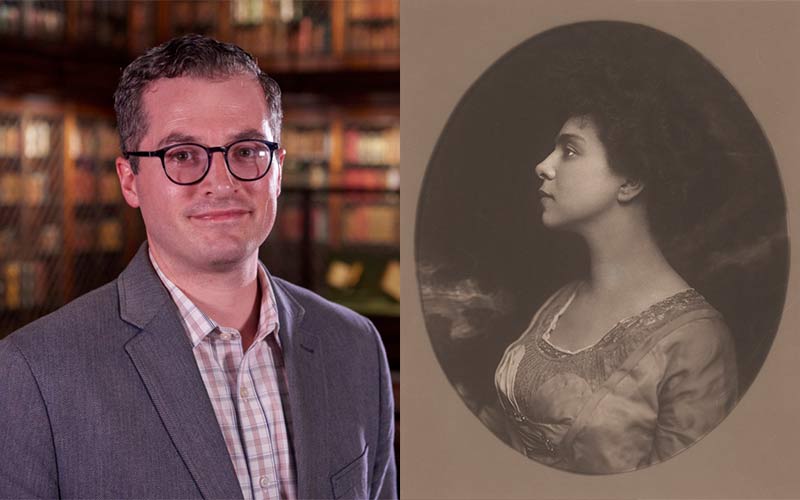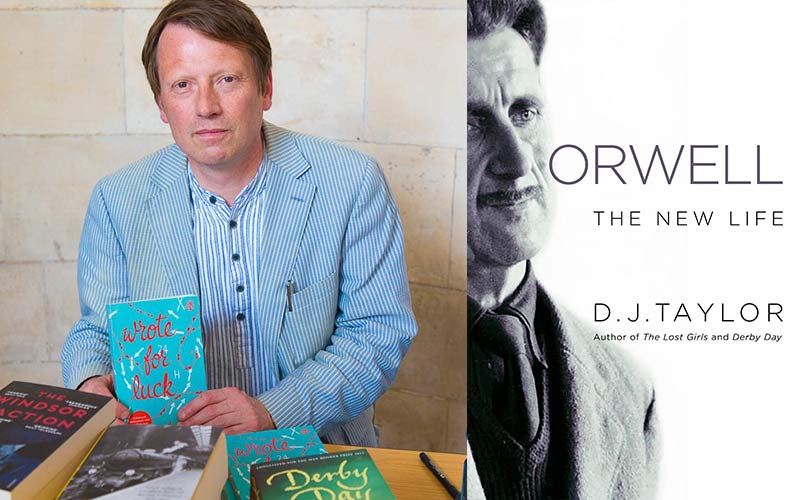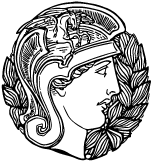The Transcendentalists and Their World
Renowned historian Robert A. Gross’s The Transcendentalists and Their World offers a fresh view of the thinkers whose outsize impact on philosophy and literature would spread from tiny Concord to all corners of the earth. Ralph Waldo Emerson, Henry David Thoreau, Nathaniel Hawthorne, and the Alcotts called this New England town home, and Thoreau drew on its life extensively in his classic Walden. But Concord from the 1820s through the 1840s was no pastoral place fit for poets and philosophers.
The Transcendentalists and their neighbors lived through a transformative epoch of American life. A place of two thousand–plus souls in the antebellum era, Concord was a community in ferment, whose small, ordered society founded by Puritans and defended by Minutemen was dramatically unsettled through the expansive forces of capitalism and democracy and tightly integrated into the wider world. These changes challenged a world of inherited institutions and involuntary associations with a new premium on autonomy and choice. They exposed people to cosmopolitan currents of thought and endowed them with unparalleled opportunities. They fostered uncertainties, raised new hopes, stirred dreams of perfection, and created an audience for new ideas of individual freedom and democratic equality deeply resonant today.
The Transcendentalists and Their World is both an intimate journey into the life of a community and a searching cultural study of major American writers as they plumbed the depths of the universe for spiritual truths and surveyed the rapidly changing contours of their own neighborhoods. It shows us familiar figures in American literature alongside their neighbors at every level of the social order, and it reveals how this common life in Concord entered powerfully into their works. No American community of the nineteenth century has been recovered so richly and with so acute an awareness of its place in the larger American story.
Robert Gross was joined in conversation by Pulitzer Prize-winning historian Gordon Wood.
--
Robert A. Gross is James L. and Shirley A. Draper Professor of Early American History Emeritus at the University of Connecticut. His first book, The Minutemen and Their World (1976), received the Bancroft Prize in American History in 1977; it will appear in a revised and expanded edition in November 2022. The Transcendentalists and Their World, his latest book, was chosen by the Wall Street Journal as one of the ten best books of 2021.
Professor Gross has also been active in the development of the interdisciplinary field known as the history of the book. With Mary Kelley he co-edited An Extensive Republic: Print, Culture, and Society in the New Nation, 1790-1840 (2010). In 2007 he taught at Brown University as Charles H. Watts II Memorial Visiting Professor of Historical Bibliography and the History of the Book.
–
Gordon S. Wood is the Alva O. Way University Professor and professor of history emeritus at Brown University. His 1969 book, The Creation of the American Republic, 1776–1787, received the Bancroft and John H. Dunning prizes and was nominated for the National Book Award. Wood’s 1992 book, The Radicalism of the American Revolution, won the Pulitzer Prize and the Emerson Prize. His 2009 book, Empire of Liberty: A History of the Early Republic, 1789–1815, won the New-York Historical Society American History Book Prize. In 2011, Wood was awarded a National Humanities Medal by President Obama. He is a fellow of the American Academy of Arts and Sciences and the American Philosophical Society and contributes regularly to the New Republic and the New York Review of Books.







